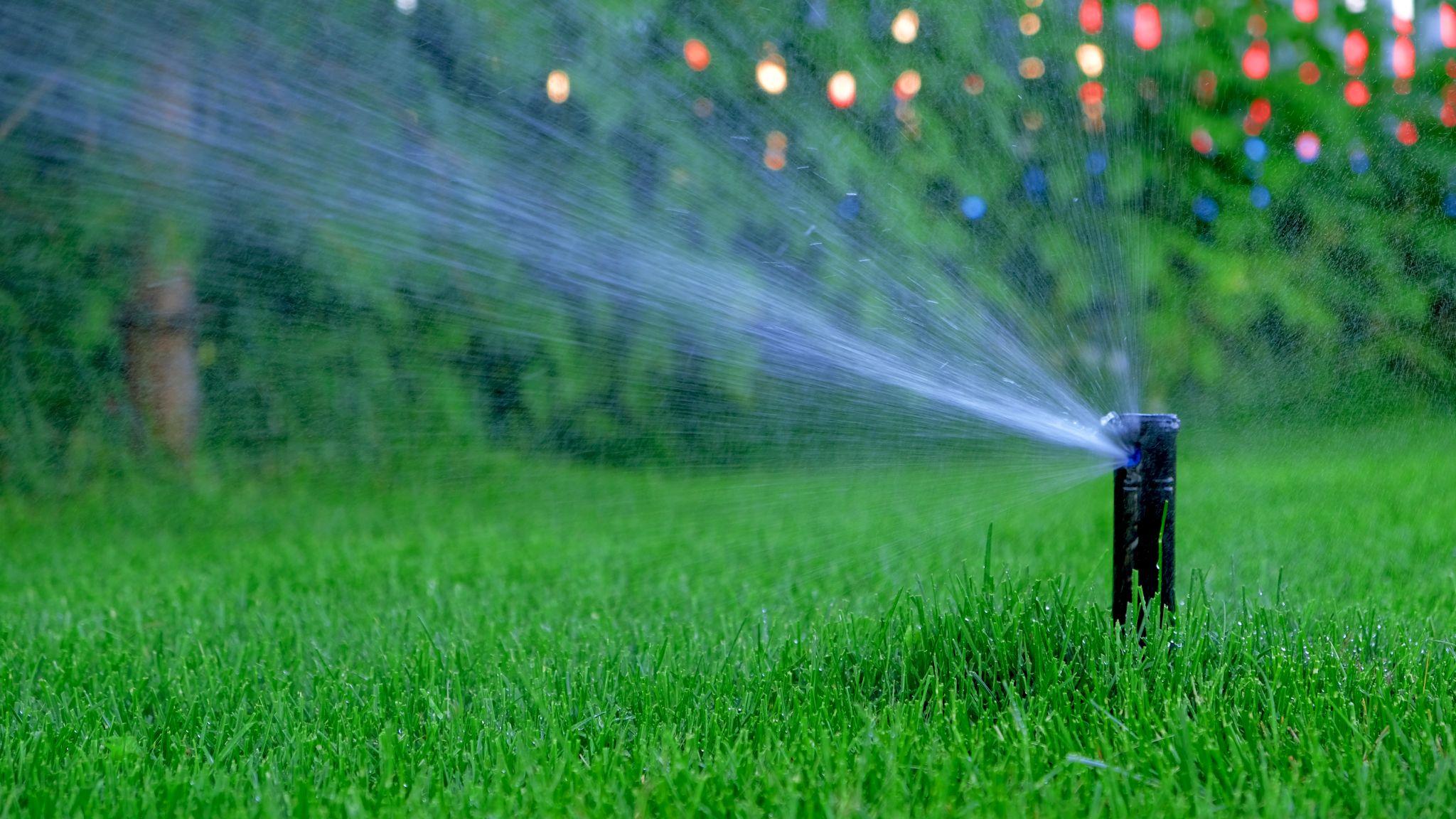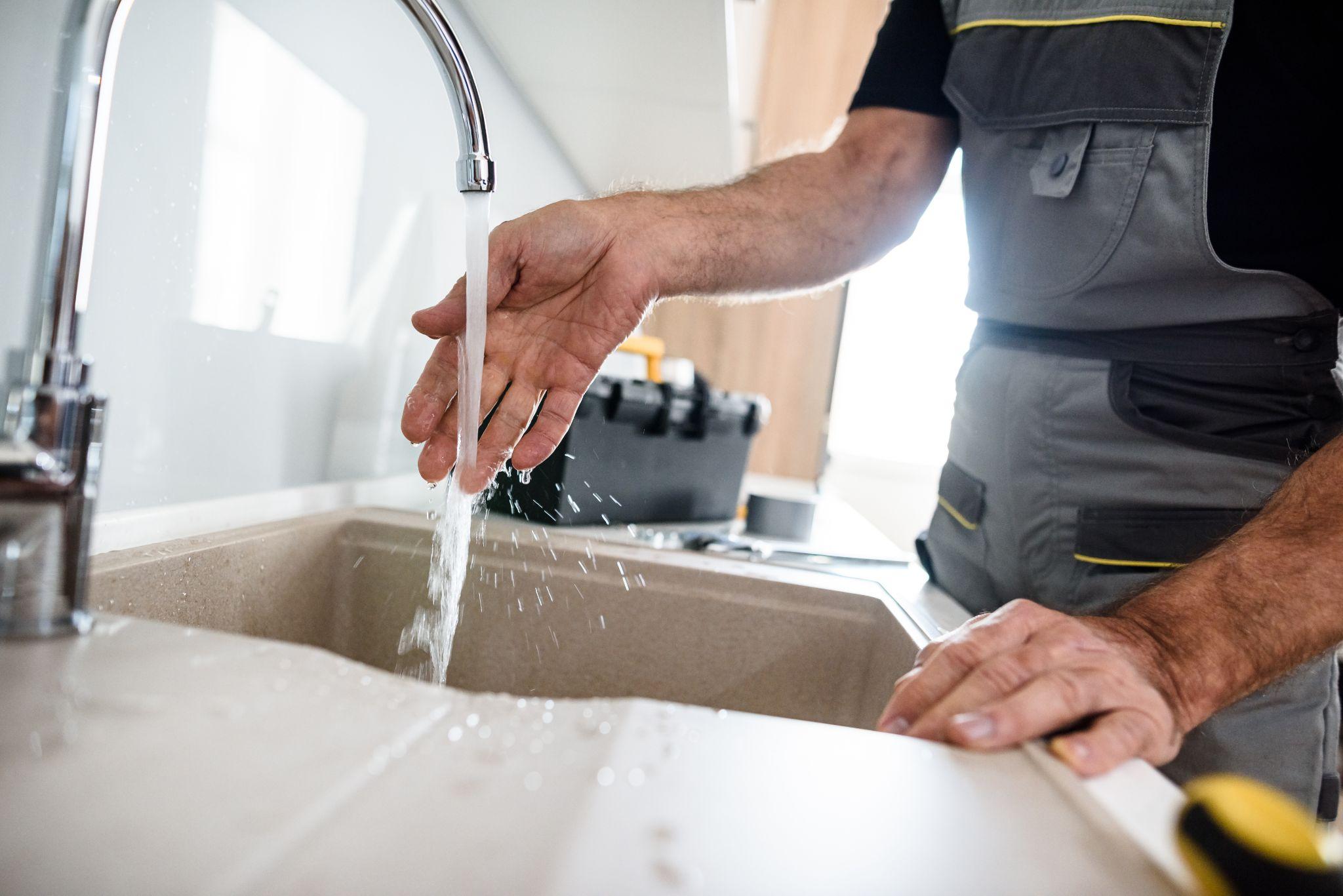The Growing Demand for Greywater Recycling Systems in Homes

Water conservation is a growing concern for homeowners across Central Texas. Drought, rising utility bills, and long-term sustainability are driving change. One practical solution that’s earning attention is the greywater recycling system.
This plumbing upgrade allows families to reuse gently used water from inside the home. In return, they enjoy reduced monthly costs, improved irrigation efficiency, and access to city rebates. From modern builds to older properties, residential greywater recycling systems are becoming more common throughout the region.
What Is a Greywater Recycling System?
A residential greywater system is a setup that captures and redirects water from specific household sources—like showers, bathtubs, bathroom sinks, and washing machines—for reuse in non-potable applications. These include yard irrigation, toilet or urinal flushing, landscaping, composting, or even moisture control to help minimize foundation shifting in dry conditions.
Greywater refers to gently used wastewater that hasn’t come into contact with toilet waste. It does not include water from kitchen sinks, sources used for food preparation, or water used to clean materials soiled with human waste (such as diapers).
A household greywater recycling system typically includes:
- Pipes that collect water from select drains
- Filters to remove soap, hair, and debris
- Holding tanks or diversion systems
- Plumbing lines that redistribute water to gardens or toilets
When installed by professionals, a home water recycling system runs quietly in the background while delivering real results—less wasted water and more efficient outdoor watering.
Why Greywater Systems Are Gaining Popularity
The greywater recycling industry is expanding steadily, driven by rising concerns over water scarcity, climate change, and sustainable living. According to research:1
- The global greywater recycling system market was valued at $1.48 billion in 2024.
- It is projected to grow to $4.16 billion by 2032, at a compound annual growth rate (CAGR) of 8%.
- The residential sector is expected to maintain the largest share of the market, due to increasing demand from homeowners and multi-family developments.
- Greywater systems can also help reduce the energy required to treat and transport water. Some studies suggest decentralized water reuse systems may lower energy use by as much as 30%, depending on system design and household water habits.
This growth reflects what we’re seeing across Central Texas, where more families are investing in smarter plumbing systems that help save money and protect resources. From irrigation support to reduced utility bills, homeowners are beginning to recognize the long-term benefits of greywater recycling.
Local Regulations and Incentives in Central Texas

Greywater use is legal in Texas and regulated by the Texas Commission on Environmental Quality (TCEQ). Systems must follow state-approved guidelines for design, installation, and use. Basic systems may not require a permit, but more advanced systems often do. TCEQ also requires backflow prevention and prohibits greywater from contacting drinking water or pooling above ground.2
Cities across Central Texas are increasingly supportive of greywater recycling. Many offer rebates, permit guidance, or inspection support to encourage residential adoption.
Working with professionals who understand Central Texas plumbing solutions ensures your system is code-compliant and eligible for available incentives. Local knowledge also speeds up the planning, permitting, and installation process for any residential greywater recycling system.
Real ROI: Water Bill Savings and Home Value
For most homeowners, a water recycling system for home use offers both environmental and financial rewards.
Here’s what you can expect:
- Noticeable reductions in monthly water bills, especially during high-usage seasons
- Added appeal to homebuyers looking for sustainable features
- Lowered operating costs over time, with reduced strain on irrigation and landscaping
- A strong return on investment that continues year after year
While installation costs can vary based on the system type and size, the long-term payoff makes a household greywater recycling system a smart upgrade for those looking to reduce water waste and boost home efficiency.
Types of Greywater Systems for Modern Homes
Choosing the right home greywater recycling system depends on your home’s layout, yard size, and plumbing.
Here are four common types used in residential homes:
- Gravity-Fed Systems: These systems move greywater using natural flow. They’re simple and affordable, especially for single-story homes on sloped lots.
- Branched-Drain Systems: Water splits through multiple pipes to irrigate several areas. It’s effective for medium to large yards.
- Pumped and Filtered Systems: When gravity won’t work, these use pumps to push water through filters and across longer distances.
- Smart Systems: These systems monitor flow, filter quality, and allow app control. They’re efficient and user-friendly for modern homes.
Each system has its benefits and limitations. That’s why it’s best to speak with professionals who provide expert plumbing services in Texas and know what works in local soil and climate conditions.
Why Professional Installation Matters

Installing a residential greywater recycling system isn’t just about digging trenches or adding pipes. Texas law often requires a licensed plumber, especially for systems that involve tanks, pumps, or reuse inside the home.
DIY systems come with serious risks, including:
- Contaminating drinking water
- Violating local plumbing codes
- Losing eligibility for rebates or inspections
- Damaging landscaping or home infrastructure
Our team at Christianson Air Conditioning & Plumbing delivers trusted, code-compliant plumbing solutions. From system design to permit paperwork, we handle everything. We also perform long-term maintenance, so your home water recycling system performs year-round.
FAQs
Are greywater systems legal in Texas?
Yes. Texas permits greywater use under TCEQ guidelines. Some systems require permits and professional installation.2
How much does a greywater system cost?
Costs vary from hundreds to thousands of dollars depending on the system type, home layout, and level of automation. A professional consultation can help determine the best fit and budget for your needs.
Can greywater be used to flush toilets?
Yes, with proper filtration and plumbing, greywater can safely be reused for toilet flushing. These systems often require more advanced design and permits.
What’s the difference between greywater and blackwater?
Greywater is from sinks, tubs, and washers. Blackwater includes sewage and requires full treatment through the sewer or septic system.
Will a greywater system lower my water bill?
Yes. Many homeowners see a significant reduction in water use—especially during months with heavy outdoor irrigation.
Take the Next Step Toward Smarter Water Use

As a trusted name in plumbing services across Central Texas, we’ve been helping homeowners find water-saving solutions for over 70 years.
Whether you’re upgrading an older system or building a new one, Christianson Air Conditioning & Plumbing offers Central Texas plumbing solutions that match your goals and meet all state and local requirements.
Ready to explore a greywater recycling system? Get in touch today to schedule a free consultation and start saving water the smart way.
Sources
- MarketResearch.com. Global Greywater Recycling System Market – 2025-2032.
- Texas Commission on Environmental Quality. Beneficial Re-Use of Graywater and Alternative Onsite Water.



Sorry, comments for this entry are closed at this time.